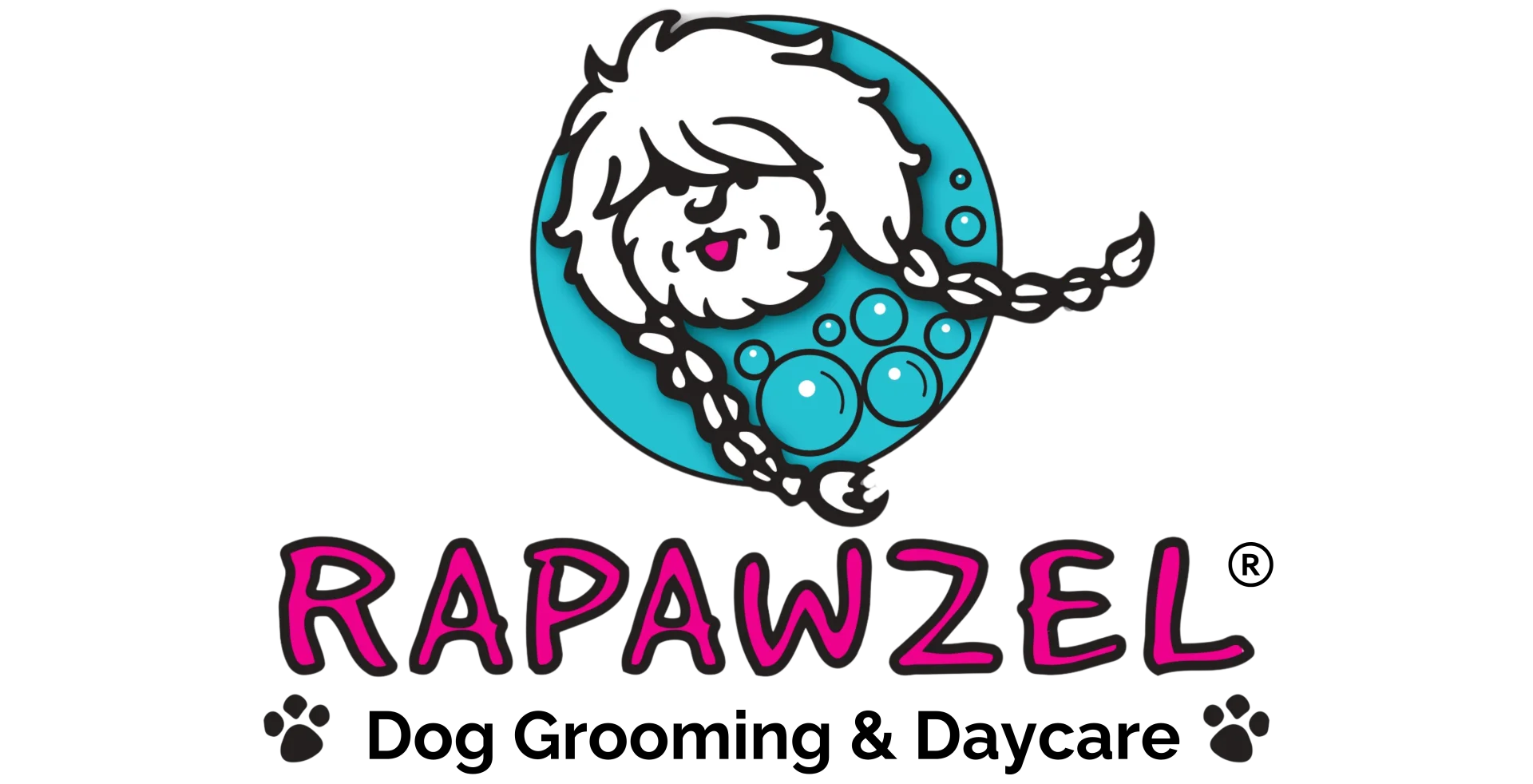In the realm of pet care, nutrition stands as a cornerstone. Just as humans thrive on a balanced diet, our furry companions, too, require the right mix of nutrients to lead a healthy and active life. For customers of Rapawzel Dog Grooming, understanding the nuances of pet nutrition is paramount. After all, a well-fed pet is not only healthier but also happier.
The Importance of Balanced Nutrition
A balanced diet ensures your pet gets the right vitamins, minerals, proteins, fats, and carbohydrates. These components are vital for various bodily functions, from energy production and bone growth to digestion and nerve function.
Common Misconceptions about Pet Nutrition
- Dogs are Carnivores: While dogs have carnivorous traits, they are naturally omnivores. This means they can derive nutrients from both plant and animal sources.
- Grain-free is Better: Recent studies have shown that grain-free diets might not be the best choice for all dogs. Some dogs on grain-free diets have developed heart conditions.
- Raw Diets are Natural and Healthier: Raw diets can expose pets to bacterial infections and might not provide balanced nutrition.
Practical Pet Nutrition Tips
- Understand Your Pet’s Needs: Different breeds, ages, and activity levels have varying nutritional requirements. For instance, puppies need more protein, while older dogs might require fewer calories.
- Read the Labels: Always check pet food labels for the AAFCO (Association of American Feed Control Officials) statement. This ensures the food meets standard nutritional profiles.
- Maintain Consistency: Frequently changing your pet’s diet can lead to digestive issues. If you need to switch foods, do it gradually.
- Measure Meals: Overfeeding is a common problem. Use a standard measuring cup and follow the feeding guidelines.
- Fresh Water is Essential: Ensure your pet always has access to clean water.
- Treats in Moderation: Treats should not constitute more than 10% of your pet’s daily caloric intake.
- Consult a Veterinarian: If considering home-cooked meals, always consult a vet to ensure the diet is balanced.
The Rapawzel Approach to Nutrition
At Rapawzel Dog Grooming, we believe in holistic pet care. Nutrition plays a pivotal role in our approach. We understand that a well-nourished pet not only looks good but also feels good. Our team is always available to discuss and guide pet owners on the best dietary choices for their furry friends.
FAQs
- What are the nutritional tips for dogs?
- Dogs require a mix of proteins, fats, vitamins, minerals, and carbohydrates. Ensure a balanced diet, avoid overfeeding, and always provide fresh water.
- What can I add to my dog’s food for better nutrition?
- Depending on the dog’s needs, you can add vet-approved supplements, lean meats, certain vegetables, and fish oils for omega fatty acids.
- What is the 95 rule for pet food?
- The 95% rule implies that if a pet food claims to be made solely of a particular ingredient, it must contain 95% of that ingredient, excluding water.
- What is the 3% rule for pet food?
- The 3% rule relates to the naming of the product. If a name states “with” a particular ingredient (e.g., “with cheese”), then only 3% of the total product must contain that ingredient.

